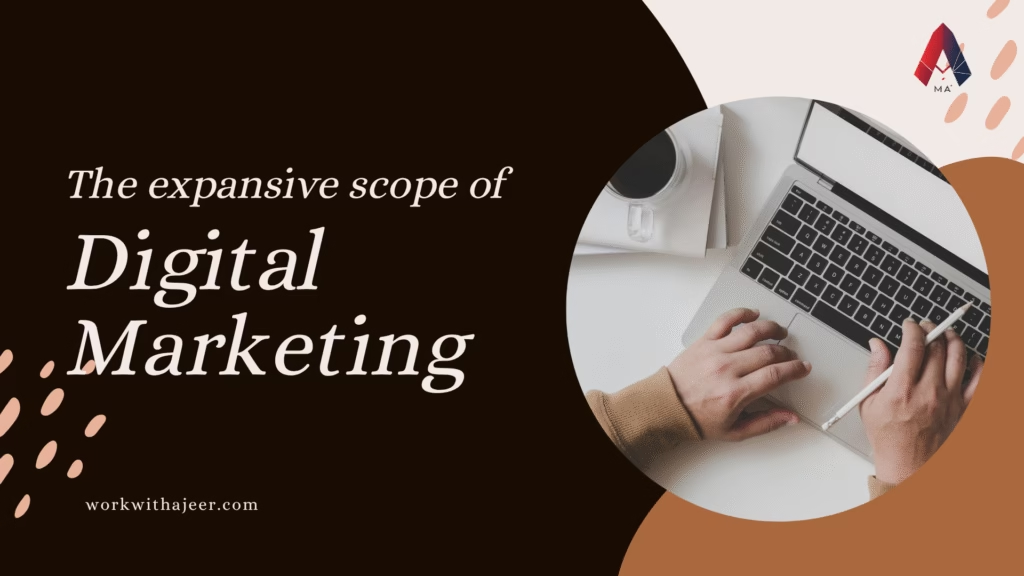As the digital environment continues to evolve, staying aligned with new technologies and shifting customer behaviors is vital for business success.The expansive scope of digital marketing plays a crucial role in this transformation, offering a wide range of tools and strategies to reach, engage, and convert audiences across multiple online platforms. From search engine optimization (SEO) and social media marketing to content creation, email campaigns, and data analytics, digital marketing encompasses every touchpoint where brands connect with their target market. As the digital world continues to grow, understanding this vast and dynamic field is essential for any business aiming to thrive in the modern marketplace.
1. What is Digital Marketing?
Key Components of Digital Marketing:
Search Engine Optimization (SEO):
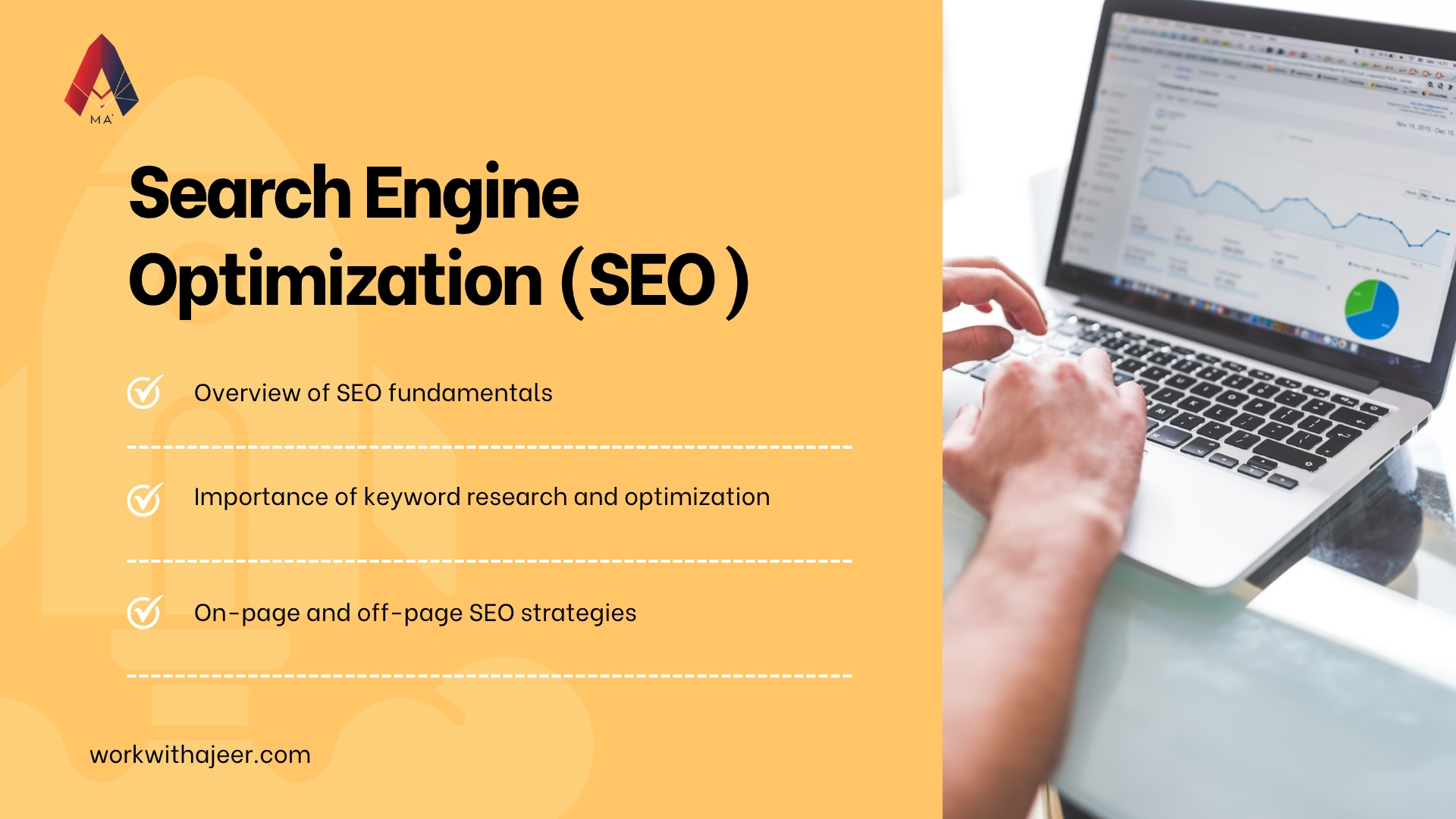
Improving your site’s search engine performance to appear higher in Google, Bing, and other search results.
Social Media Marketing (SMM):
Promoting brands through platforms like Facebook, Instagram, Twitter, LinkedIn, and TikTok.
Content Marketing:
Developing high-quality content such as articles, videos, and infographics to capture attention and keep your audience engaged.”
Email Marketing:
Reaching out to potential and existing customers through strategic, customized email messages
Pay-Per-Click Advertising (PPC):
Running paid ads on platforms like Google Ads or Facebook Ads where you pay per click.
Affiliate Marketing:
Earning commission by promoting other people’s products on your website or social media.
Influencer Marketing:
Engaging influencers to promote your brand and strengthen its presence in the digital space
Mobile Marketing:
Delivering marketing content through smartphones using apps, SMS, and mobile-ready websites.
Analytics and Data Tracking:
Assessing digital strategy success by analyzing user data with tools like Google Analytics.
Benefits of Digital Marketing:
Wider Reach: Target global or local audiences.
Cost-Effective: Cheaper than traditional marketing.
Measurable Results: Track performance in real-time.
Targeted Advertising: Reach specific demographics and interests.
High Engagement: Interact with customers directly.
Why It’s Important Today:
In a world where online discovery is key, digital marketing allows brands to connect with potential customers precisely when they’re searching—leading to increased leads, sales, and loyalty
2. Importance of Digital Marketing
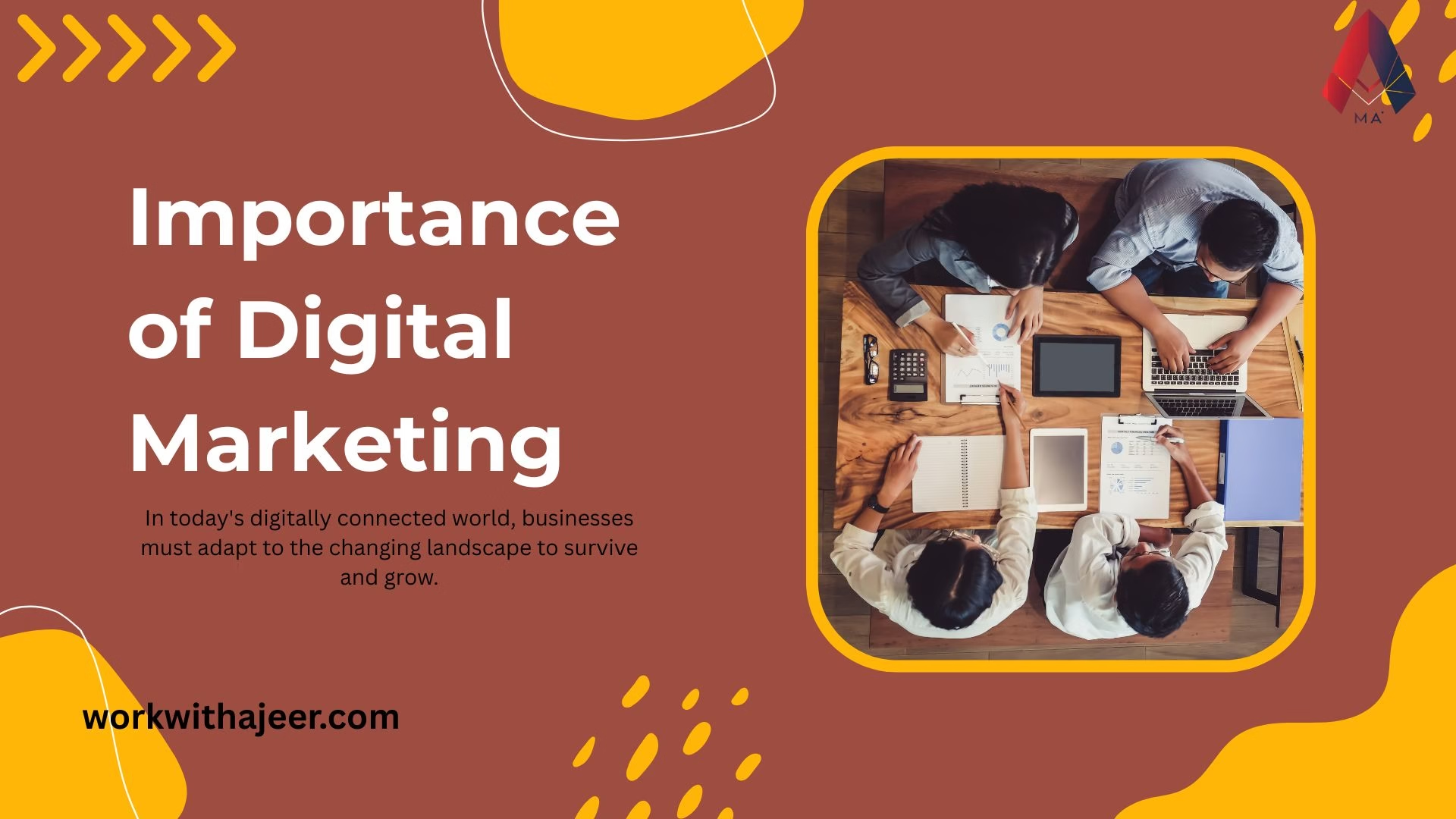
Global Reach:
Digital marketing removes geographic limits, allowing businesses to target a global audience effectively.
Even small businesses can access international markets through SEO, social media, and online ads.
Cost-Effective:
Compared to traditional advertising (TV, print, radio), digital marketing is more affordable.
Pay-per-click (PPC), email marketing, and social media offer excellent returns on minimal budgets.
Targeted Advertising:
Businesses can target specific demographics based on age, interests, location, behavior, and more.
This ensures marketing messages are seen by the right audience at the right time.
Measurable Results:
Digital tools like Google Analytics, Facebook Insights, and email campaign reports provide detailed performance data.
Marketers can measure ROI, track user behavior, and optimize campaigns in real-time.
Customer Engagement:
Social media platforms and email campaigns enable two-way communication.
Brands can build relationships, gain feedback, and improve customer loyalty.
High Conversion Rates:
With tools like landing pages, CTAs, and remarketing, digital marketing often converts leads more effectively than traditional methods.
Mobile Accessibility:
Digital marketing ensures your brand stays visible and effective on smartphones, where most users now spend their time online.
Strategies like SMS marketing, mobile apps, and responsive websites cater to this shift.
Level Playing Field:
Through digital strategies, even small businesses can build visibility and compete in the same space as major corporations.
Creativity and strategy can often outperform big budgets.
Benefits of Digital Marketing
Increased Brand Awareness
Online presence through SEO, content marketing, and social media improves visibility and recognition.
Better Customer Insights
Tools collect data on customer behavior, preferences, and trends, helping businesses make informed decisions.
Personalization
Tailor content and offers based on customer segments for a more personalized experience.
Real-Time Performance Tracking
Monitor how ads, posts, and emails perform instantly and adjust accordingly.
Improved Conversion Rates
With funnel strategies, A/B testing, and remarketing, you can convert more visitors into customers.
Content Marketing Opportunities
Blogs, videos, infographics, and podcasts help educate and inform audiences, building trust and authority.
Flexibility and Adaptability
Campaigns can be paused, tweaked, or scaled at any time—perfect for dynamic market demands.
Enhanced Customer Experience
Chatbots, live support, and personalized emails improve the buyer journey and satisfaction.
3. Scope of Digital Marketing in Various Industries
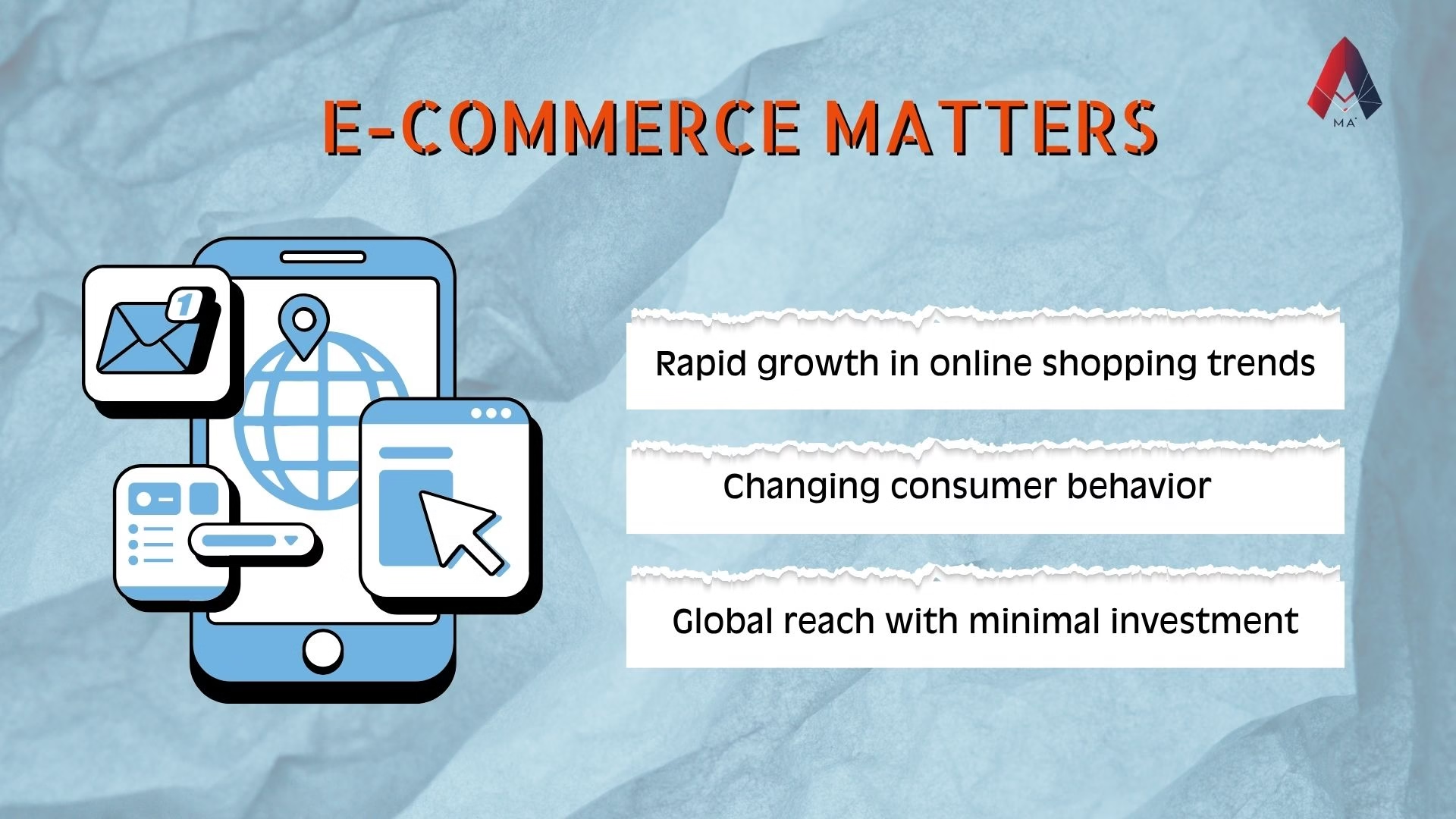
Retail and E-commerce
Scope of Digital Marketing: Very high
Why it matters: Online shopping continues to grow, making digital marketing crucial for customer acquisition and retention.
Popular strategies:
Social media ads
Google Shopping campaigns
Email marketing
Remarketing
2. Education
Scope of Digital Marketing: Growing rapidly with EdTech expansion
Why it matters: Institutions use digital channels to reach a global audience and promote online courses.
Popular strategies:
SEO for course content
Video marketing (YouTube, webinars)
Influencer marketing via educators
3. Healthcare
Scope of Digital Marketing: Expanding with telemedicine and health awareness
Why it matters: Digital channels help hospitals, clinics, and health startups reach patients effectively.
Popular strategies:
Local SEO (Google My Business)
Educational blogs
Paid ads for health checkups and services
4. Real Estate
Scope of Digital Marketing: High, especially for lead generation
Why it matters: Buyers begin their property search online.
Popular strategies:
Facebook/Instagram ads for property listings
Virtual tours
WhatsApp marketing
5. Tourism & Hospitality
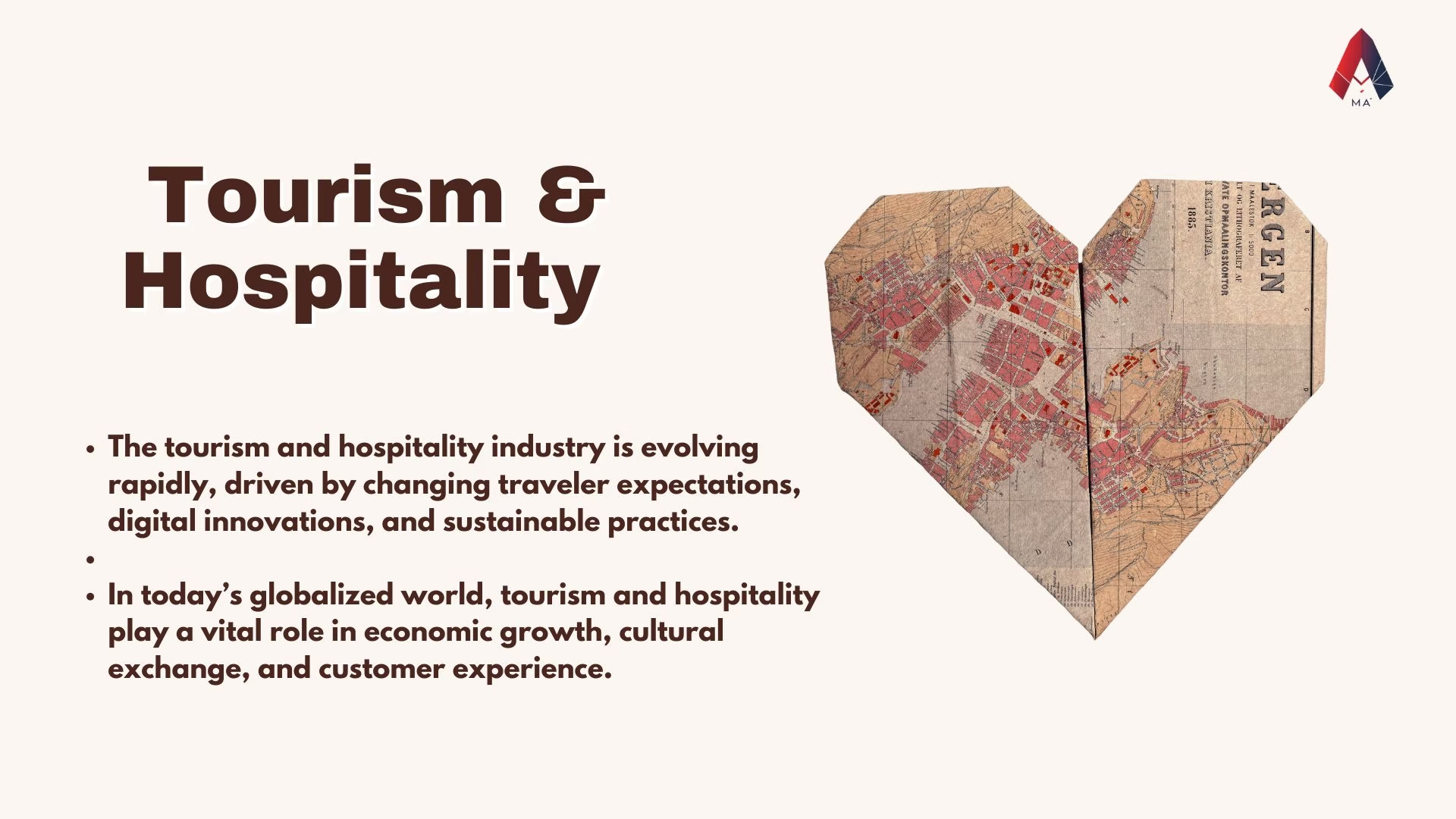
Scope of Digital Marketing: Reviving strongly post-pandemic
Why it matters: Travelers search online for reviews, bookings, and destinations.
Popular strategies:
Influencer travel blogs
Video campaigns
Review site optimization (TripAdvisor, Google
6. Finance and Banking
Scope of Digital Marketing: Critical for FinTech and traditional banks
Why it matters: Customers prefer digital banking and financial tools.
Popular strategies:
PPC campaigns for credit cards/loans
SEO for financial terms
Chatbots and email newsletters
7. Entertainment & Media
Scope of Digital Marketing: Huge with digital streaming growth
Why it matters: Platforms rely on digital campaigns to attract viewers/subscribers.
Popular strategies:
Video teasers on Instagram & YouTube
Influencer partnerships
Meme marketing.
8. Food & Beverage
Scope of Digital Marketing: Strong, especially for local reach and branding
Why it matters: Restaurants and brands use digital channels to attract and retain customers.
Popular strategies:
Instagram Reels and Stories
Food bloggers and influencers
Zomato/Swiggy promotions
9. Automobile Industry
Scope of Digital Marketing: Essential for launching and promoting new models
Why it matters: Buyers research extensively online before purchasing.
Popular strategies:
YouTube reviews and test drive videos
Virtual showroom ads
Google search ads
10. Fashion and Apparel
Scope of Digital Marketing: Exploding due to visual platforms like Instagram
Why it matters: Brands connect with Gen Z and millennials through trend-based marketing.
Popular strategies:
Influencer collaborations
User-generated content
Instagram shopping
4. Career Opportunities in Digital Marketing
1. Digital Marketing Manager
Drive SEO strategies to elevate website ranking across search engines like Google.
Skills Needed: SEO, SEM, analytics, content strategy, project management.
Career Path: Often requires 3–5 years of experience in digital marketing.
2. SEO Specialist (Search Engine Optimization)
Skills Needed: Keyword research, on-page/off-page SEO, analytics tools (Google Analytics, Ahrefs, SEMrush).
Key Focus: Organic traffic growth.
3. SEM/PPC Specialist (Search Engine Marketing)
Skills Needed: PPC strategy, A/B testing, budget handling, ROI optimization.
Key Focus: Paid traffic and conversions.
4. Social Media Manager
Scope of Digital Marketing: Plan and execute strategies across platforms like Instagram, Facebook, LinkedIn, Twitter, and TikTok.
Skills Needed: Content creation, community engagement, analytics, advertising.
Key Focus: Building brand awareness and audience engagement.
5. Content Marketing Specialist
Scope of Digital Marketing: Create blogs, videos, infographics, eBooks, and other content to attract and retain audiences.
Skills Needed: Writing, storytelling, SEO, content strategy, editing.
Key Focus: Building trust and driving inbound traffic.
6. Email Marketing Specialist
Scope of Digital Marketing: Create email campaigns to nurture leads and convert customers.
Skills Needed: Copywriting, automation tools (Mailchimp, HubSpot), segmentation, A/B testing.
Key Focus: Lead nurturing and customer retention.
7. Influencer Marketing Manager
Scope of Digital Marketing: Partner with social media influencers to promote brands.
Skills Needed: Negotiation, social media insights, relationship building.
Key Focus: Audience trust and authentic brand endorsements.
8. Affiliate Marketing Specialist
Scope of Digital Marketing: Manage affiliate programs that reward partners for driving traffic/sales.
Skills Needed: Affiliate platforms, communication, analytics.
Key Focus: Performance-based marketing.
9. Web Analytics Specialist
Scope of Digital Marketing: Track and analyze data to improve marketing performance.
Skills Needed: Google Analytics, data interpretation, reporting tools.
Key Focus: Data-driven decision-making.
10. E-commerce Specialist
Scope of Digital Marketing: Optimize online stores and digital sales strategies.
Skills Needed: Shopify, WooCommerce, email campaigns, product listings, UX.
Key Focus: Increasing online sales and improving customer experience.
11. Marketing Automation Expert
Scope of Digital Marketing: Use software to automate marketing tasks across channels.
Skills Needed: CRM tools (HubSpot, Salesforce), workflows, customer segmentation.
Key Focus: Streamlined lead generation and customer journeys.
12. Video Marketing Specialist
Scope of Digital Marketing: Create engaging video content for platforms like YouTube, Instagram, and TikTok.
Skills Needed: Video editing, scriptwriting, storytelling, platform optimization.
Key Focus: Visual storytelling and brand engagement.
13. UI/UX Designer (Digital Focus)
Scope of Digital Marketing: Enhance user experience across digital platforms.
Skills Needed: Wireframing, prototyping, user research, tools like Figma/Adobe XD.
Key Focus: Improving usability and design appeal.
14. Digital Copywriter
Skills Needed: Creativity, SEO knowledge, storytelling, clarity.
Key Focus: Driving conversions with words.
Skills in Demand
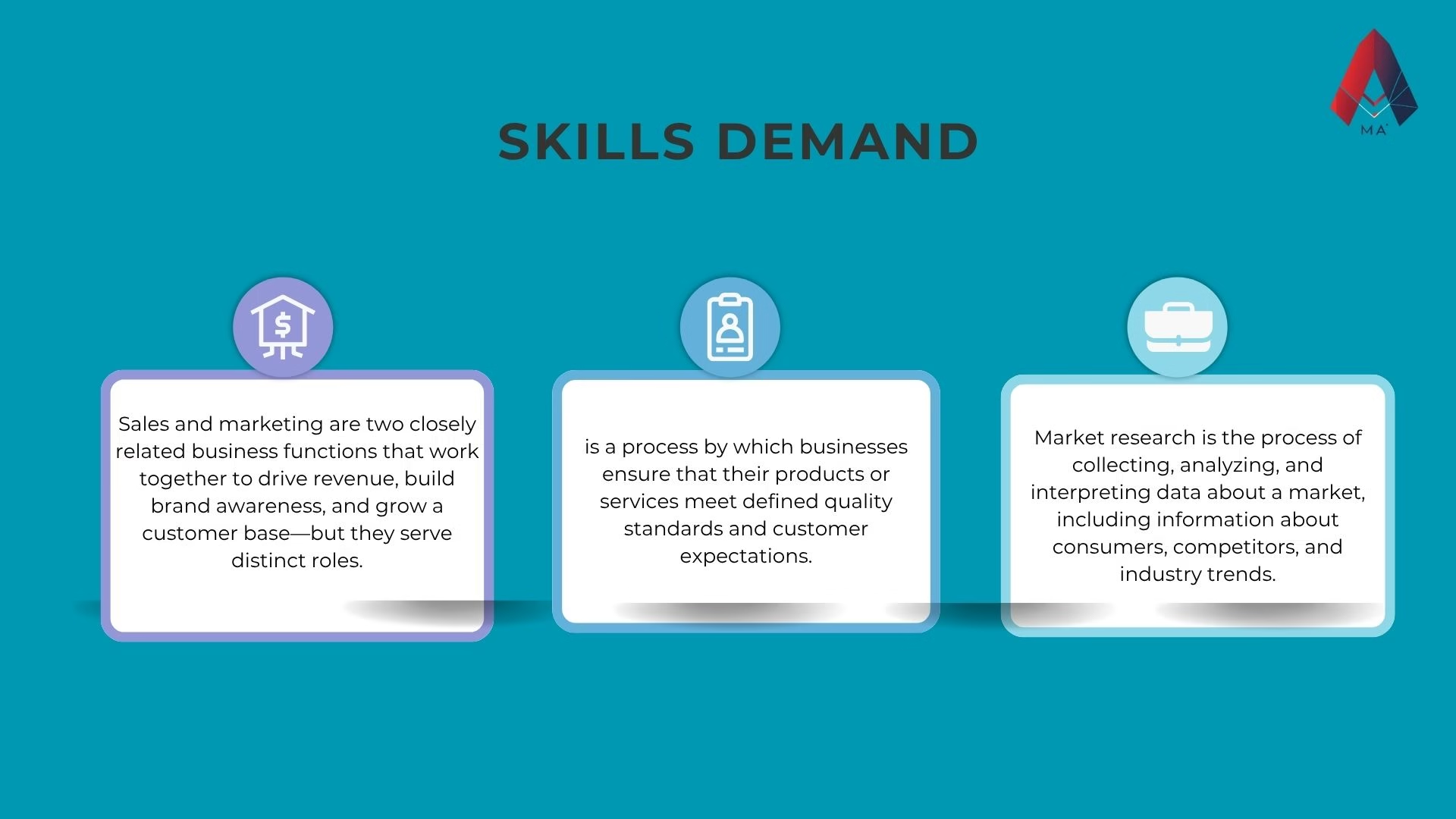
Google Ads / Facebook Ads
Analytics & Data Interpretation
Email Marketing Platforms
CRM Tools
SEO & Keyword Research
Video & Graphic Design
AI & Automation Tool
Industries Hiring Digital Marketers
E-commerce & Retail
Real Estate
Healthcare
Education
IT & Software
Travel & Tourism
Finance & Banking
Startups & Tech Companies
5. Tools and Technologies in Digital Marketing
In today’s fast-evolving digital landscape, marketers rely heavily on tools and technologies to streamline workflows, track performance, automate tasks, and optimize campaigns. Here’s a categorized list of the most essential and popular tools used by digital marketers:
1. Analytics & Data Tracking Tools
![]()
These tools help monitor website traffic, user behavior, and campaign performance.
Google Analytics – Website traffic analysis and user insights
Google Tag Manager – Tag management without code changes
Hotjar / Crazy Egg – Heatmaps and user behavior tracking
Matomo – Privacy-focused alternative to Google Analytics
Looker Studio – Simplify complex data through dynamic reporting and visuals.
2. SEO Tools
Used to improve search engine visibility and optimize content for better rankings.
Ahrefs – Backlink analysis, keyword research, content audit
SEMrush – All-in-one SEO and marketing toolkit
Moz Pro – SEO insights and site audits
Ubersuggest – Affordable keyword research and SEO audits
Google Search Console – Website performance in Google search
3. Paid Advertising & PPC Tools
Manage and optimize paid campaigns on search engines and social platforms.
Google Ads – Search and display advertising
Meta Ads Manager – Manage Facebook and Instagram ads
Leverage Microsoft Ads to display your campaigns on Bing and affiliated networks.
SpyFu – Competitor PPC analysis
AdEspresso – Ad optimization and A/B testing
4. Social Media Management Tools
Schedule posts, track engagement, and manage multiple accounts in one place.
Buffer – Simple social media scheduling
Hootsuite – Comprehensive social media management
Sprout Social – Engagement, publishing, and analytics
Later – Visual scheduling for Instagram and Pinterest
SocialBee – Content automation and posting
5. Email Marketing & Automation Tools
Used for sending newsletters, drip campaigns, and automating email flows.
Mailchimp – Popular and beginner-friendly
ConvertKit – Great for creators and bloggers
ActiveCampaign – Advanced automation and CRM
HubSpot – Complete inbound marketing suite
Sendinblue (Brevo) – Affordable email and SMS marketing
6. Content Creation & Copywriting Tools
Assist in creating engaging content for websites, blogs, and social platforms.
Canva – Easy-to-use design tool
Affinity Suite (Photo, Designer, Publisher) – High-quality creative software for professional design and editing
QuillBot / LanguageTool – Strengthen your writing with smart grammar suggestions and clear, polished style edits.
ChatGPT – AI-powered content ideation and generation
Jasper AI / Copy.ai – AI writing assistants for marketing copy
7. E-commerce & Funnel Tools
For creating sales funnels, landing pages, and managing online stores.
Shopify – E-commerce platform for online stores
WooCommerce – WordPress-based e-commerce plugin
ClickFunnels – Sales funnel builder
ThriveCart – Checkout and cart optimization
Kajabi / Teachable – Online course platforms with funnel tools
8. Marketing Automation Platforms
Automate repetitive tasks, manage customer journeys, and scale marketing efforts.
Zoho Marketing Plus – Unified platform for CRM, email marketing, social media, and automation
Marketo (Adobe) – Enterprise-grade automation
Salesforce Marketing Cloud – Scalable customer journey management
Zoho CRM – Marketing + CRM + automation
Pardot (by Salesforce) – B2B-focused automation
9. Conversion Rate Optimization (CRO) Tools
Help improve website performance and user experience to boost conversions.
Unbounce / Instapage – Landing page builders
Optimizely – A/B testing and experimentation
VWO – Conversion optimization and heatmaps
Crazy Egg – Visual analytics to spot user drop-offs
SurferSEO – SEO content optimization for better engagement
10. All-in-One Marketing Platforms
Integrated solutions for email, social, automation, landing pages, and more.
HubSpot – CRM, email, social, automation, analytics
GetResponse – Email marketing, automation, funnels, and webinars
Kartra – Marketing platform for digital businesses
MailerLite – Simplified all-in-one tool
MoEngage – Customer engagement and retention tool
6. The Future of Digital Marketing
Digital marketing is evolving rapidly with advancements in technology, shifts in consumer behavior, and new platforms emerging every year. As we look ahead, several key trends and innovations are set to define the future of digital marketing
1. AI and Automation Take the Lead
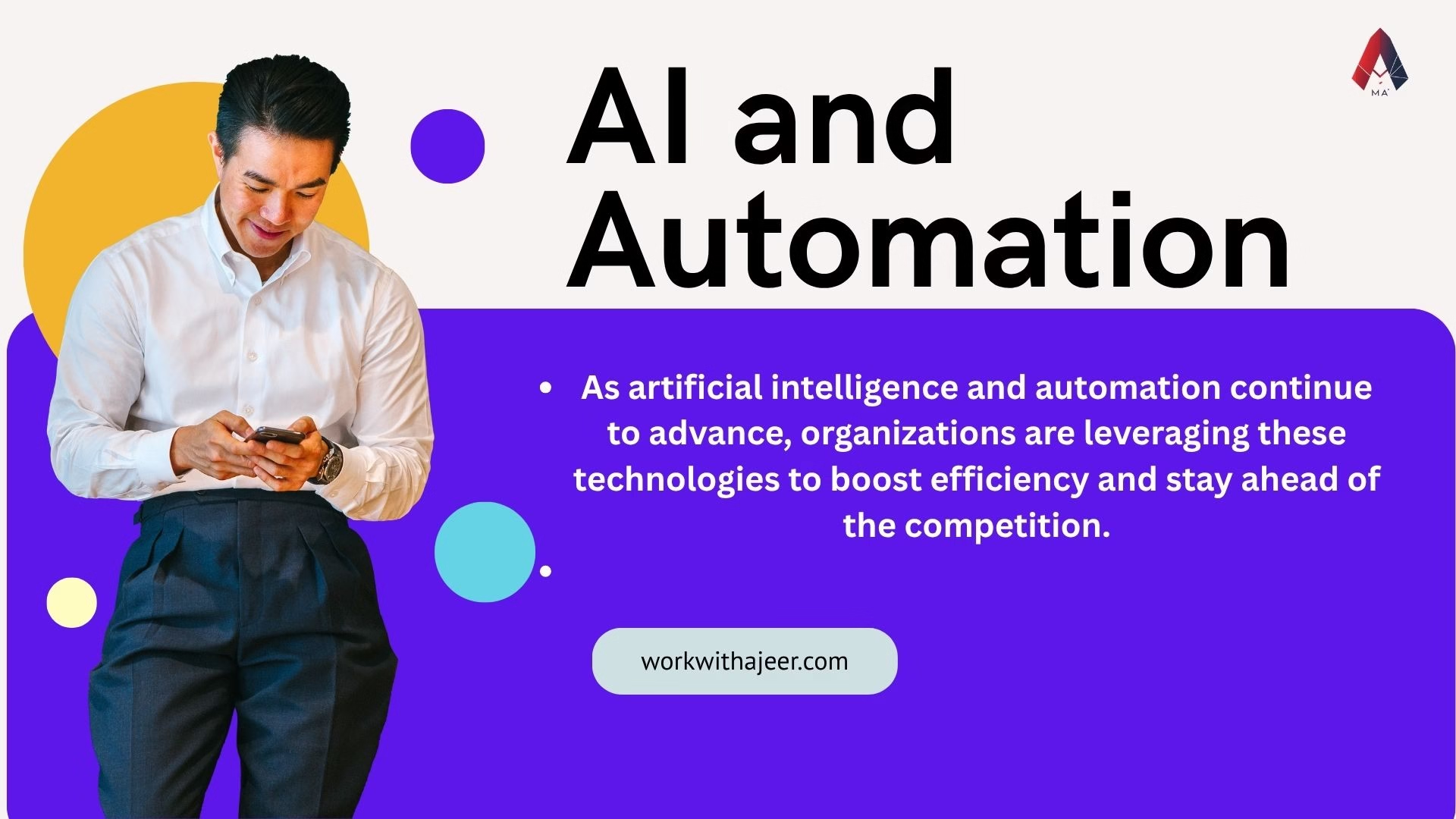
Artificial Intelligence (AI) is revolutionizing the way businesses engage and connect with their customers. From chatbots and predictive analytics to automated email marketing and personalized content, AI helps marketers deliver smarter and more efficient campaigns.
2. Hyper-Personalization
Consumers expect personalized experiences. Future marketing strategies will focus more on data-driven personalization using real-time behavioral data.
3. Voice and Visual Search
Voice-enabled tools like Alexa, Siri, and Google Assistant are transforming how users search for information.At the same time, visual search—using images to discover products—is rapidly gaining popularity.
Future Focus: Optimizing content for voice queries and image recognition.
4. Short-Form Video Dominance
Platforms like TikTok, Instagram Reels, and YouTube Shorts are capturing attention like never before.
Key Strategy: Create engaging, relatable, and authentic short videos.
Tip: Use trends, music, and storytelling to boost engagement.
5. Influencer Marketing 2.0
Influencer marketing is shifting toward micro and nano influencers who offer higher engagement rates and niche audiences.
Focus: Long-term partnerships and authentic brand alignment.
Future Trend: AI-generated virtual influencers may become more common
6. Privacy and Data Ethics
With regulations like GDPR and growing concern for privacy, digital marketers must prioritize ethical data use.
Future Strategy: First-party data collection and transparent consent processes.
Tools: Cookieless tracking, consent management platforms, and secure CRMs.
7. Augmented Reality (AR) and Immersive Experiences
AR allows users to “try before they buy,” enhancing customer engagement and trust.
Future Potential: Virtual showrooms, AR ads, and immersive social content.
8. Conversational Marketing
Chatbots, messaging apps, and live chat support real-time engagement and instant solutions.
Key Platforms: WhatsApp Business, Facebook Messenger, Instagram DMs.
Future Integration: AI-powered chat with human-like conversations.
9. Sustainability and Social Responsibility
Today’s shoppers are more likely to support brands that align with their personal principles and beliefs.As a result, marketing strategies are placing greater emphasis on ethics, inclusivity, and environmental responsibility.
Tip: Share your brand’s purpose, eco-friendly steps, and community impact.
Future Focus: Authentic storytelling, not just greenwashing.
10. Omnichannel Experience
Users move between devices and platforms seamlessly. Marketers need to provide a unified experience across touchpoints.
Strategy: Integrate social media, email, SMS, websites, and offline efforts.
Conclusion:
Digital marketing is a core shift in how businesses function and build customer relationships. Its scope spans across industries and global borders, making it a vital skill for the modern workforce. Whether you are a business owner, a student, or a marketing professional, investing in digital marketing knowledge and skills will ensure you stay relevant and competitive in today’s digital age.
With continuous learning and adaptation, the scope of digital marketing is limitless, promising a future filled with innovation, engagement, and growth.
visit my site

